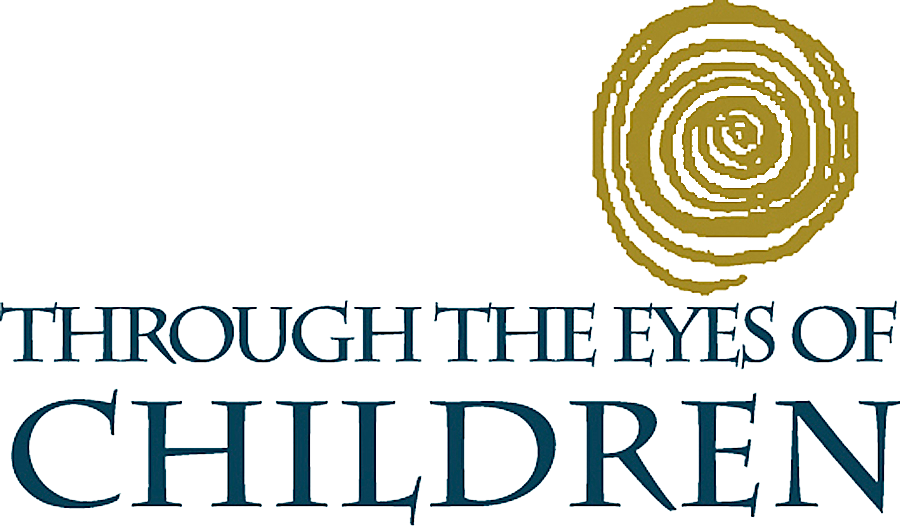Through the Eyes of Children | Camera Kids









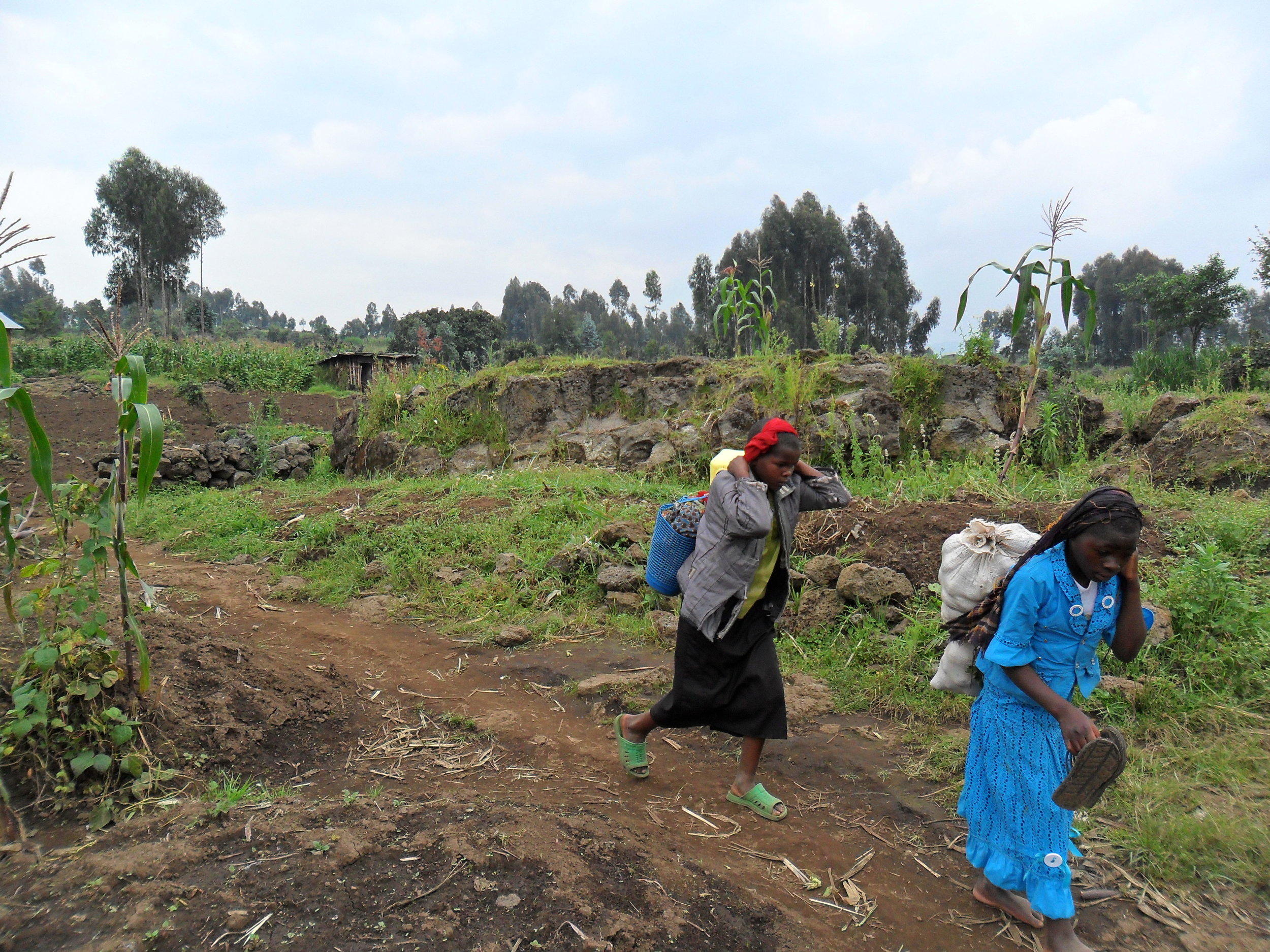








































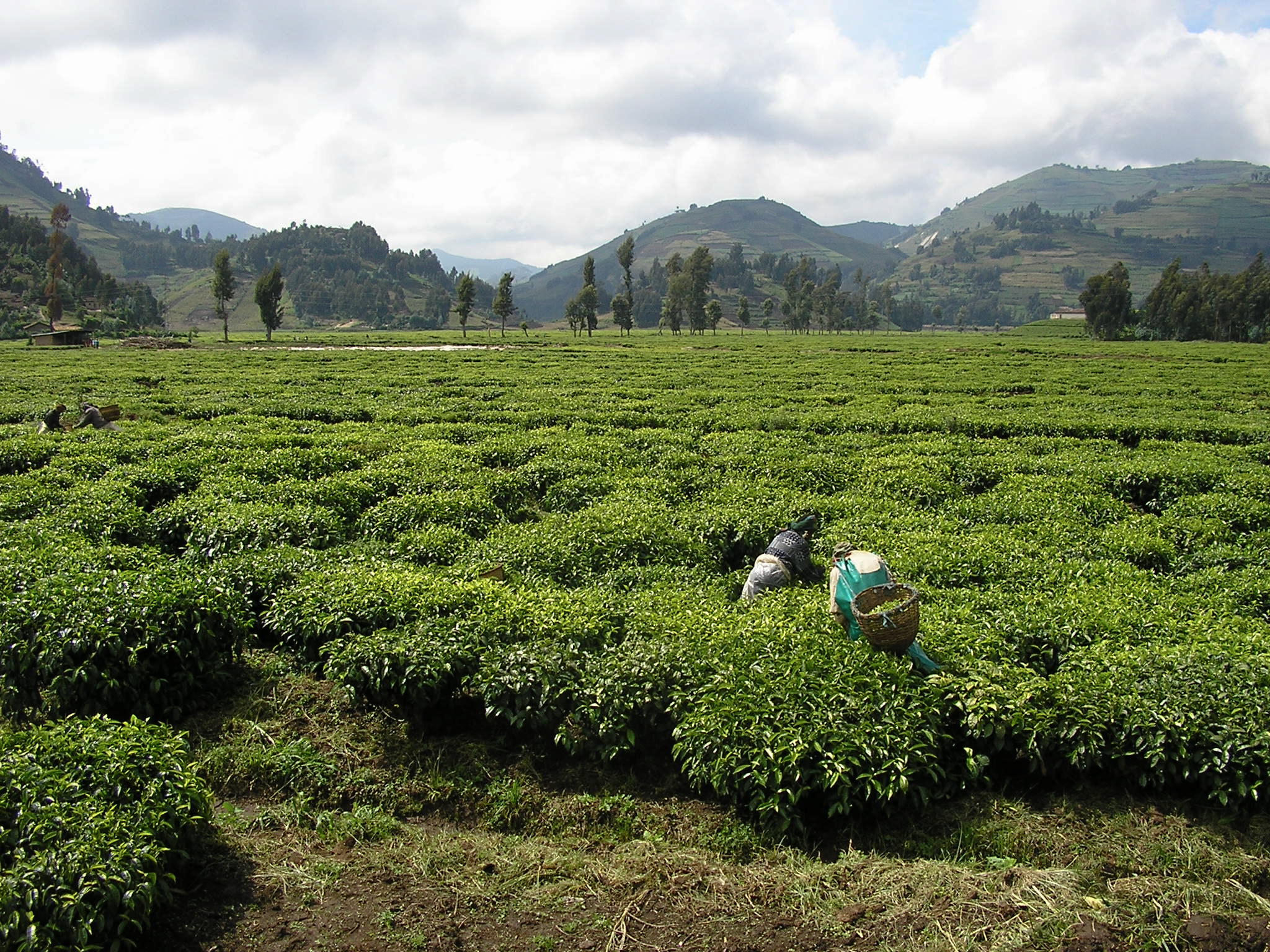





















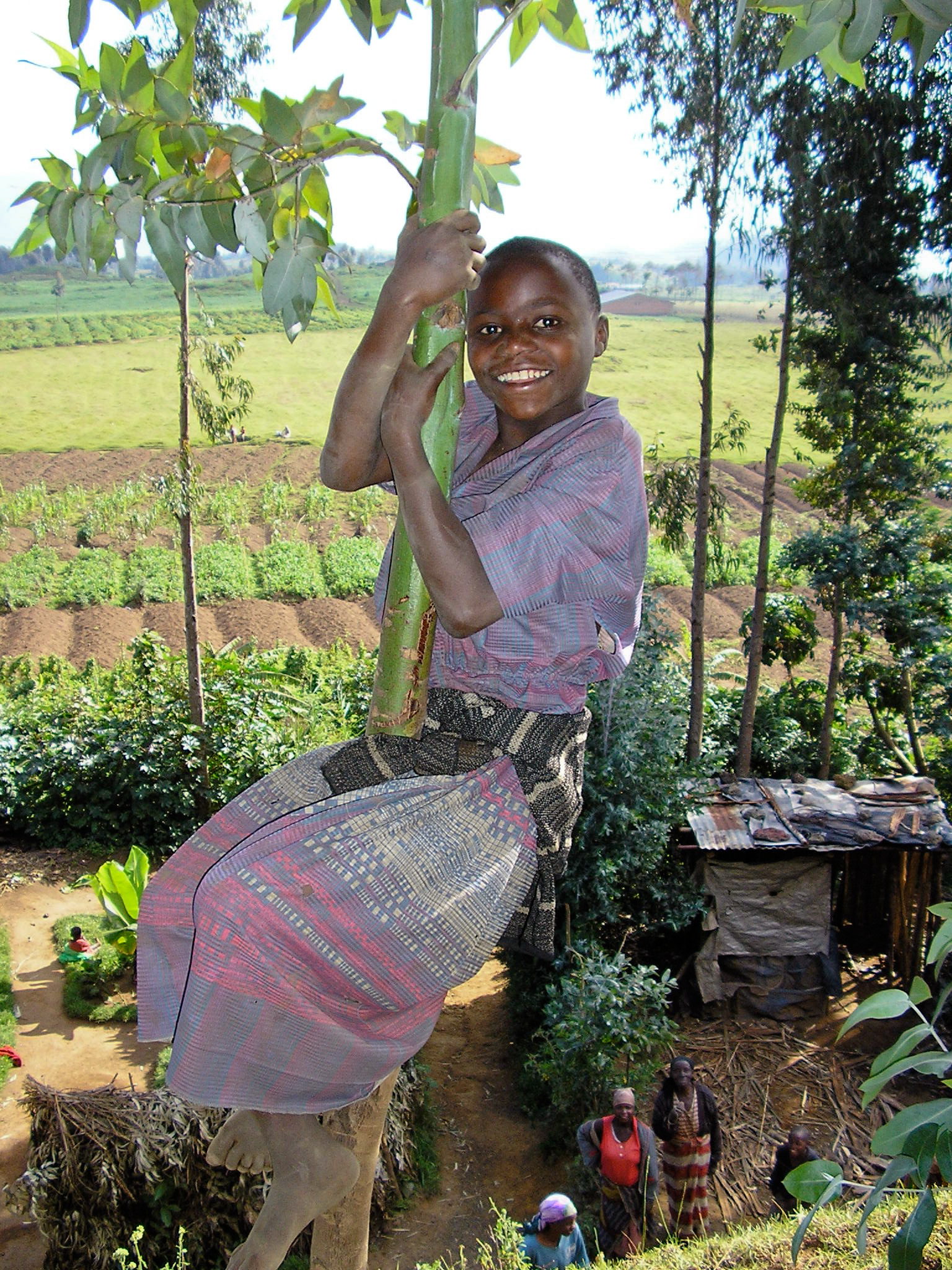



















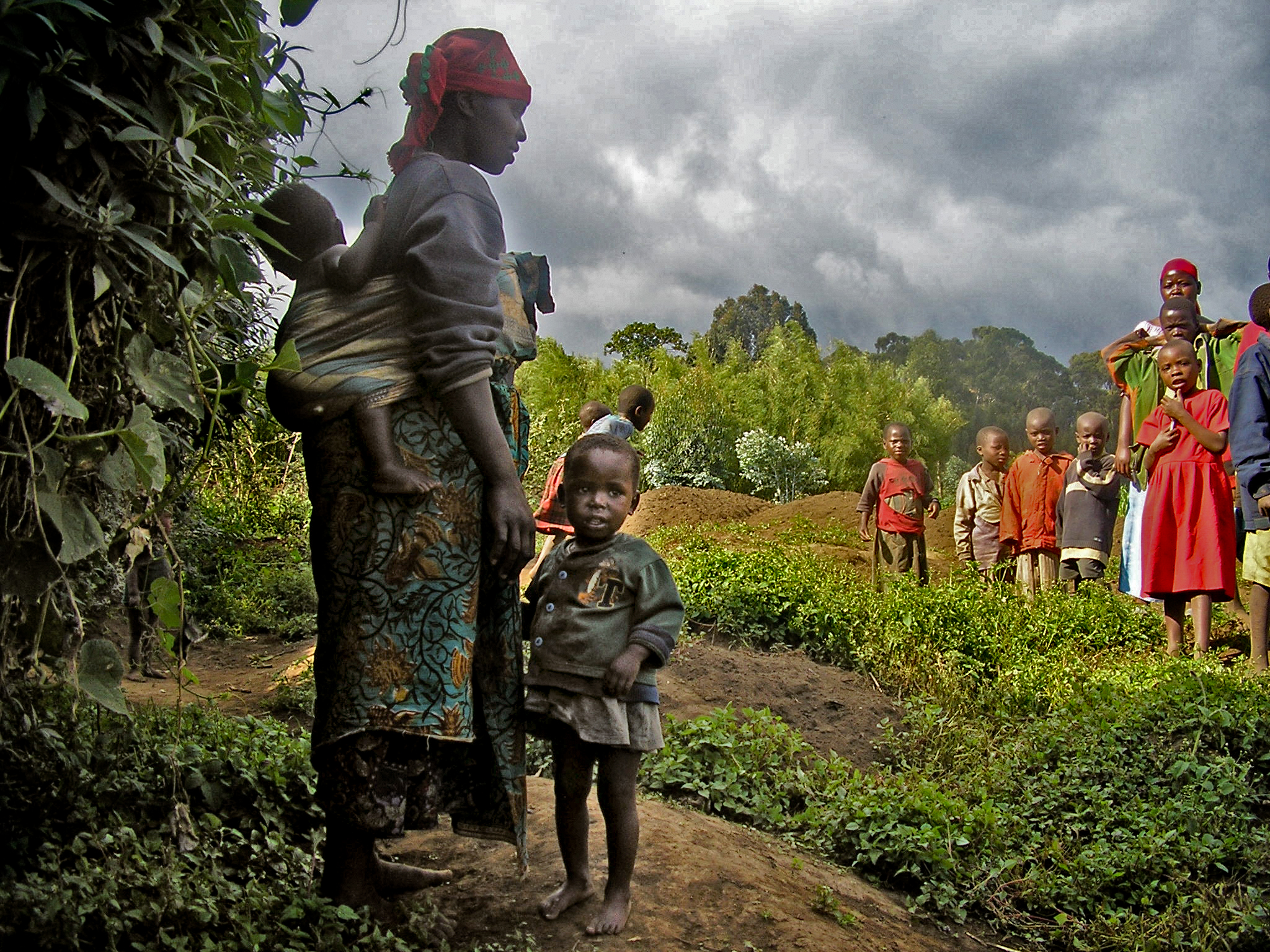














































































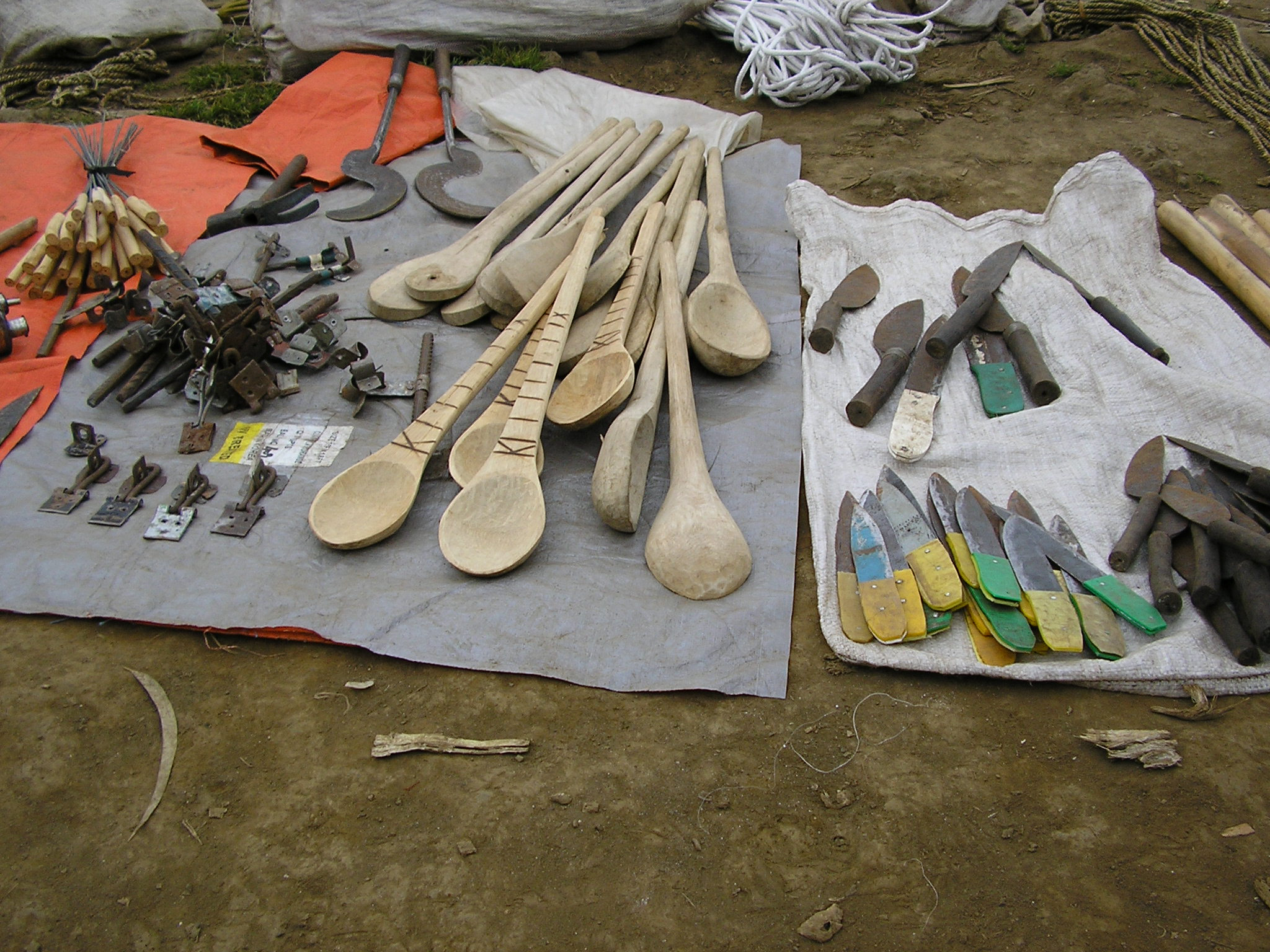




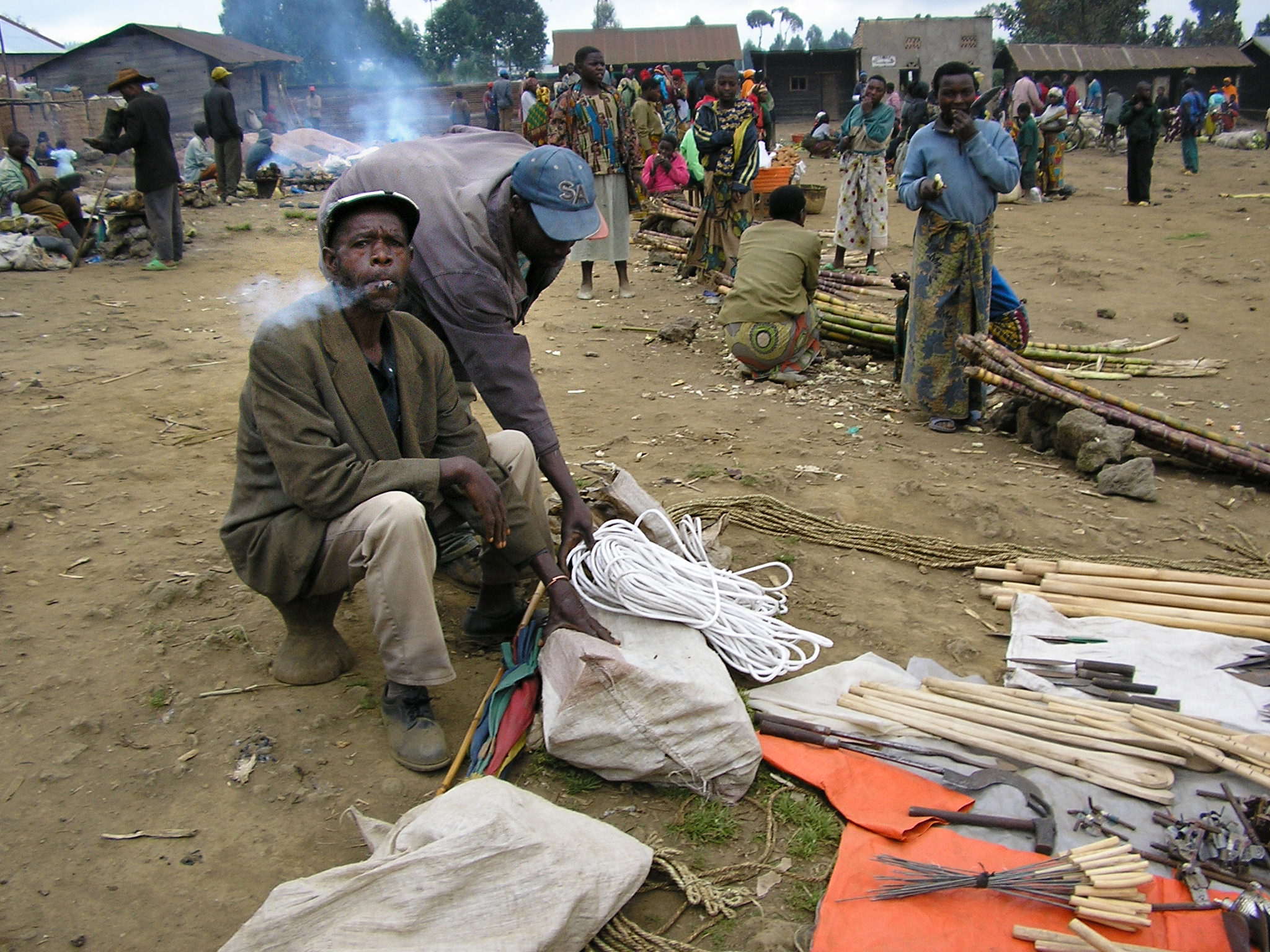

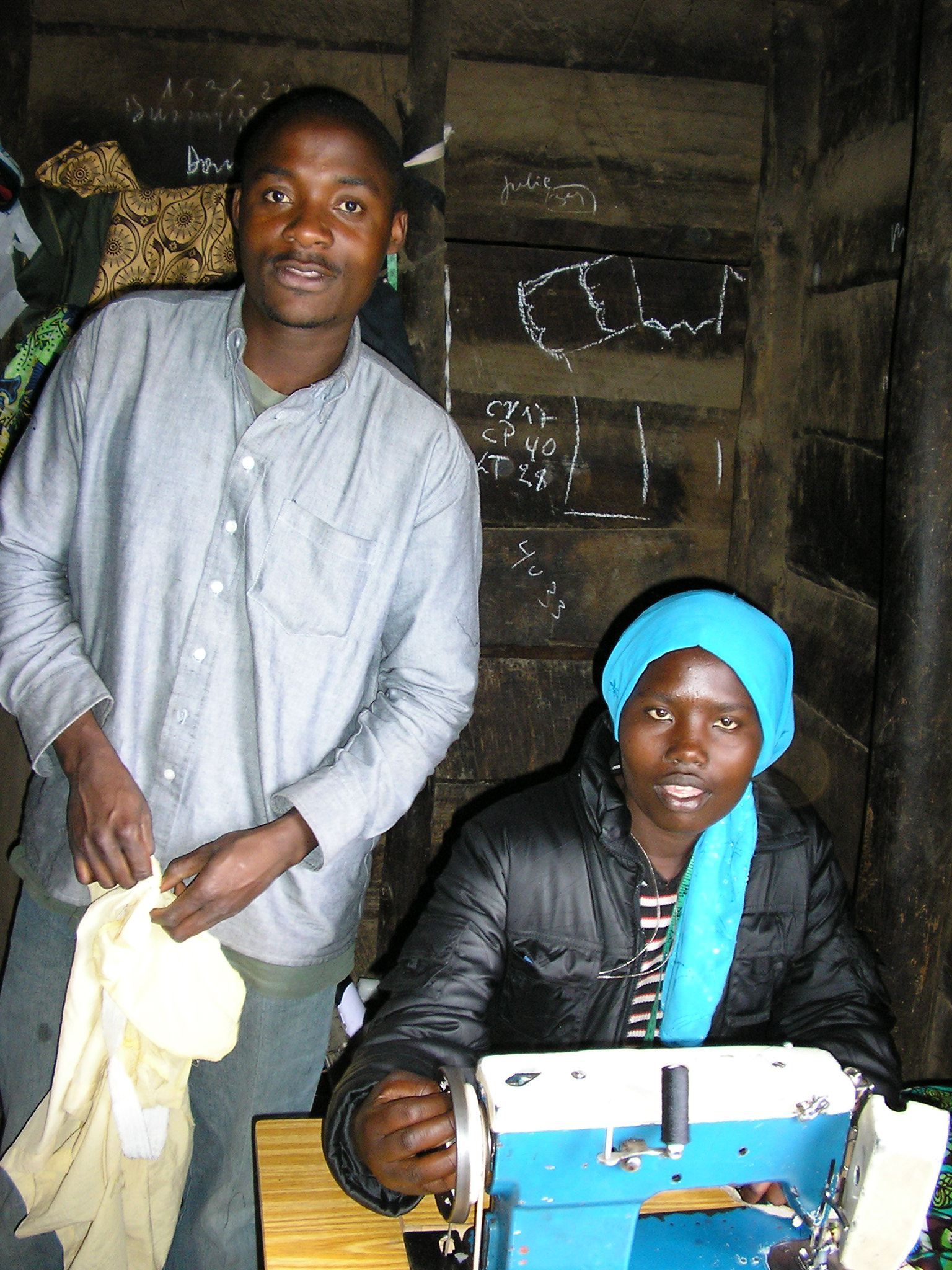
















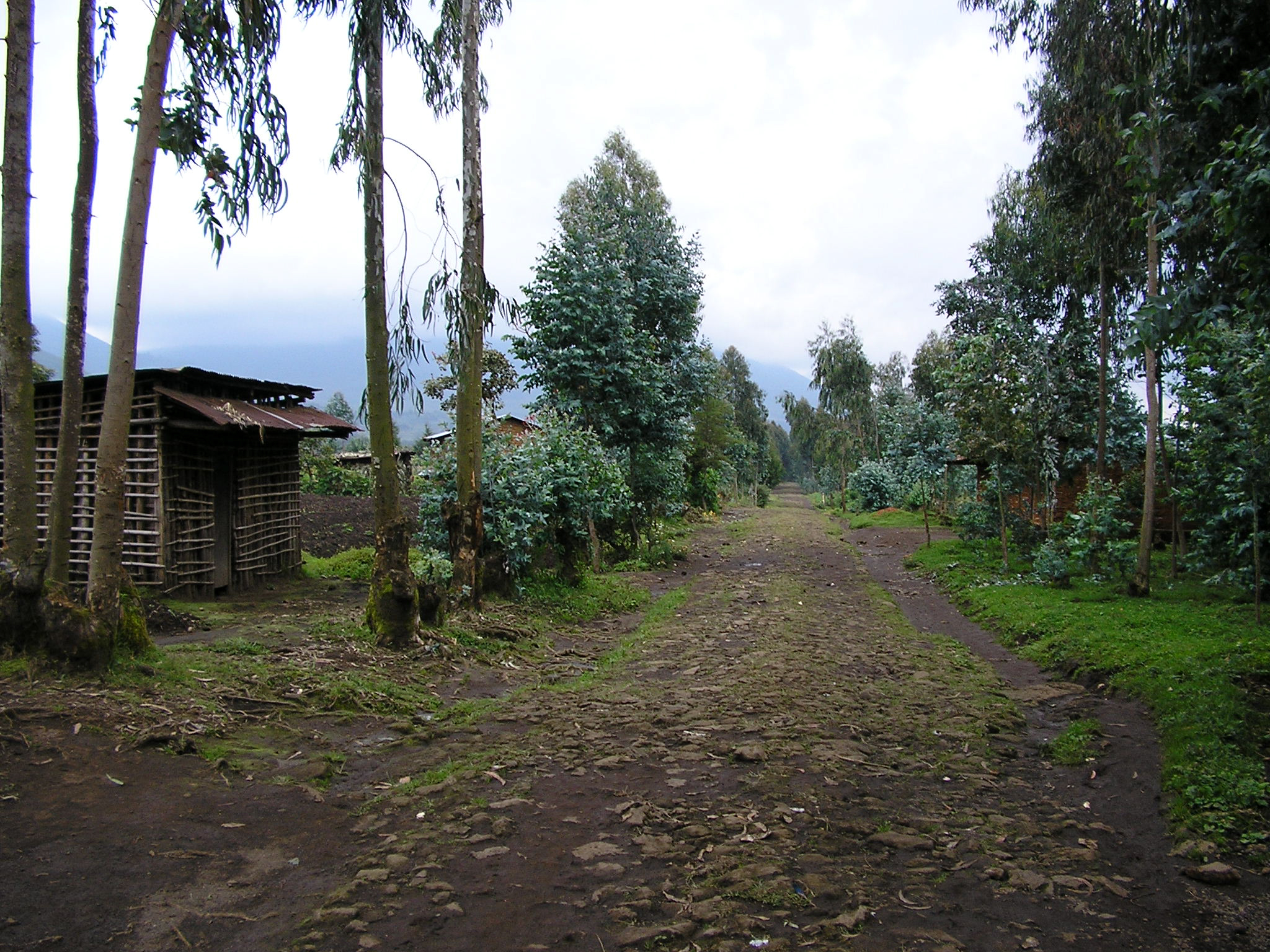


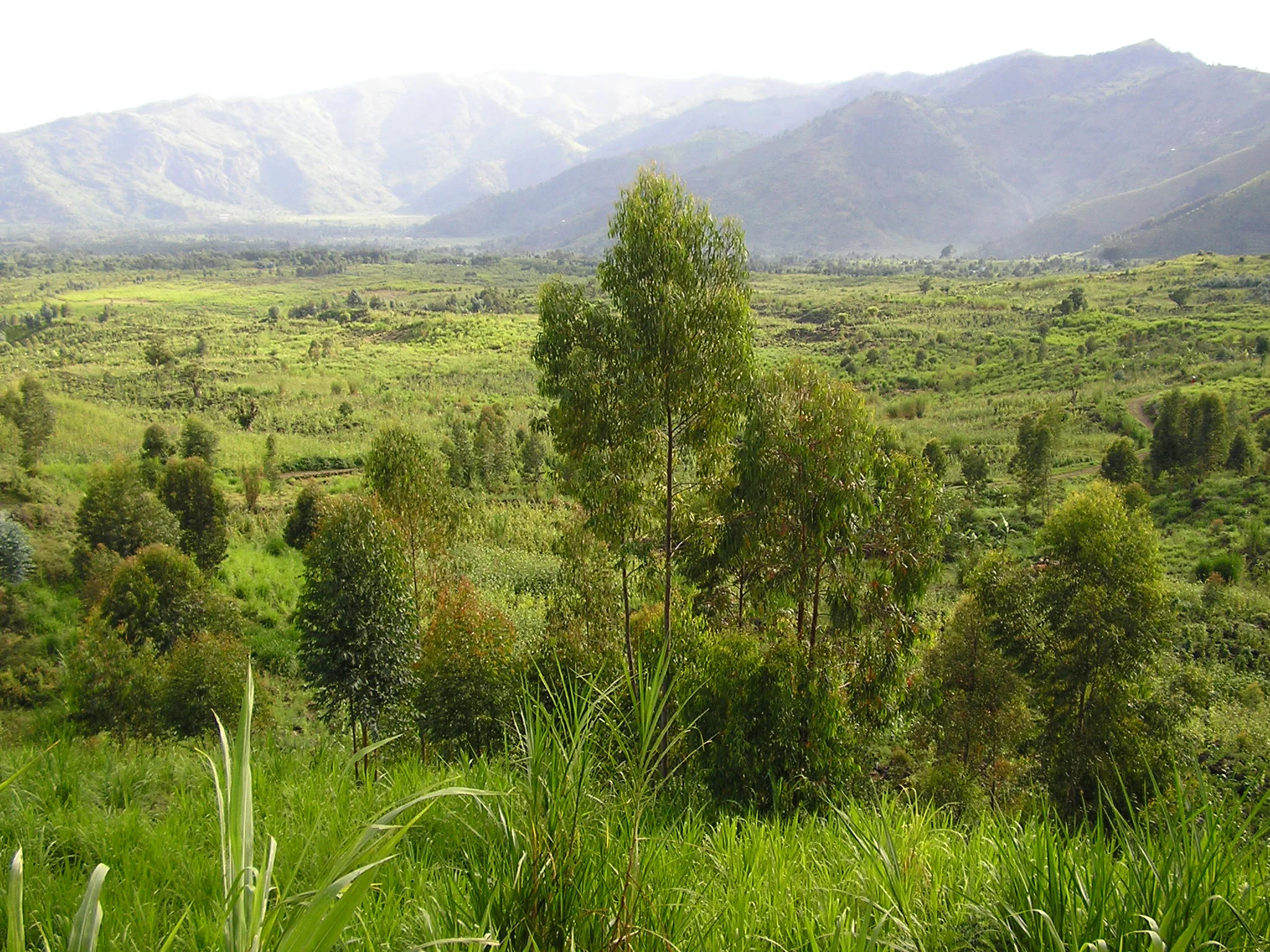






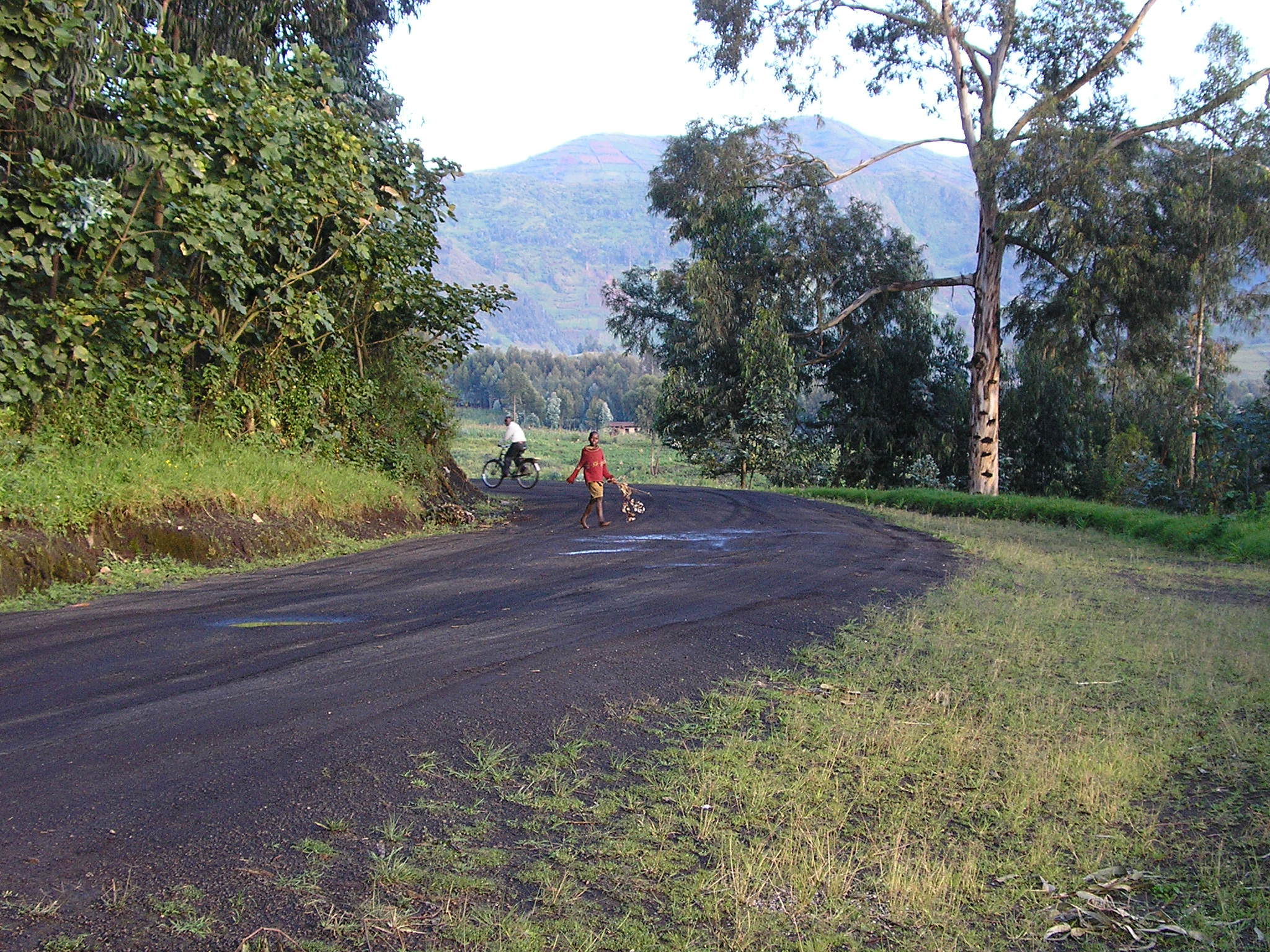





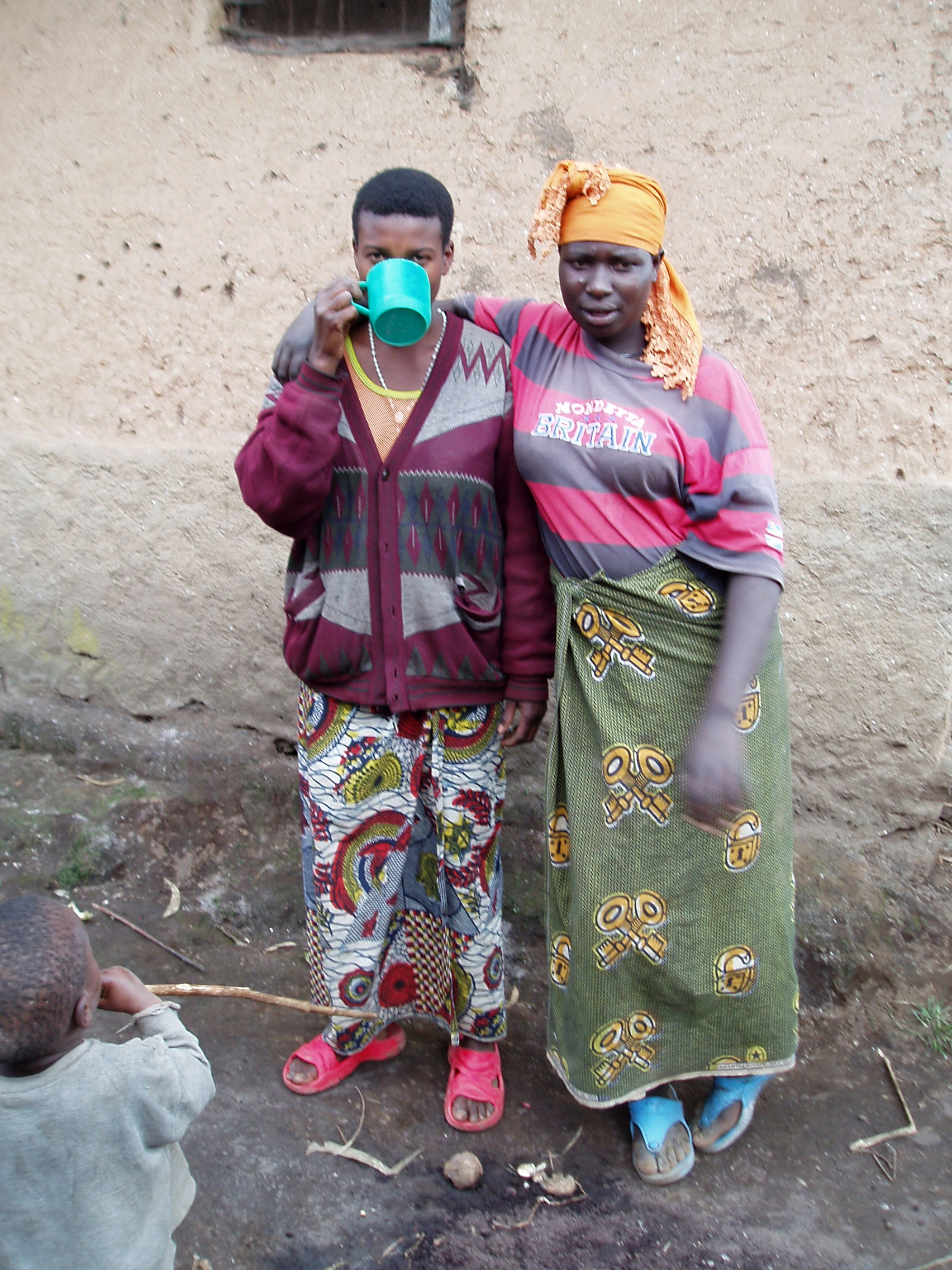

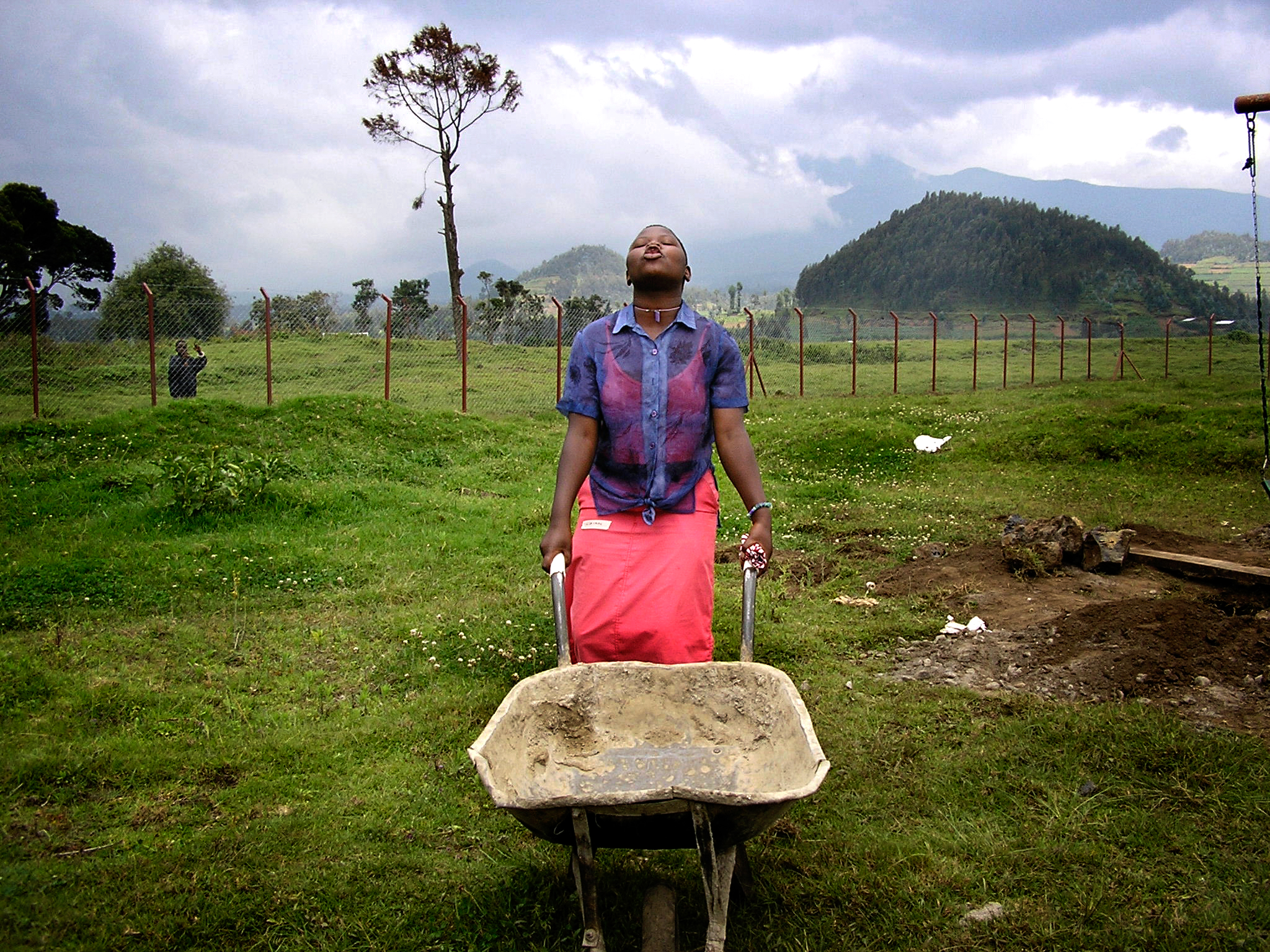
































Through the Eyes of Children began as a photographic workshop in 2000 conceived by photographer David Jiranek (1958 –2003). It was inspired by the founder of the Imbabazi Orphanage, Rosamond (Roz) Halsey Carr (1912 – 2006), an American woman living in Rwanda for more than 50 years. The Imbabazi Orphanage was established in the aftermath of the 1994 Rwandan Genocide Against the Tutsi and was home to 100+ Rwandan children, some of whom witnessed their parent’s deaths and were left without family or hope for the future.
Through the photo project, Through the Eyes of Children, 19 "Camera Kids," as they were all called by their friends, ranging in ages from eight to eighteen, began photographing themselves and their community. Their photographic body of work documented their life in Rwanda as the country rebuilt. The children’s work has been widely recognized and has been exhibited around the world in such prestigious venues as the United Nations in New York, the Human Rights Watch International Film Festival, The Holocaust Museums of Houston, Texas, and Naples, Florida, in New York and Los Angeles in conjunction with the premiere of the movie Hotel Rwanda and at several universities throughout the U.S. and in Europe. Their work has created one of the largest bodies of photographic work post-genocide in Rwanda.
The children's photos are also available to purchase with a $125 donation to the Project. Proceeds from donations to the Project and and through the sale of the children’s photography raised enough money to contribute to the secondary school education for all of the children at the orphanage. In addition, 14 out of the 19 "Camera Kids" also went on to university.
Today, those "Camera Kids" are all grown up and are "paying it forward" with this social impact project by becoming teachers themselves and conducting photo workshops with other vulnerable youth in Rwanda and in other countries. While these 19 students were orphaned by the genocide, they do not see themselves as victims. Their sense of self and their level of achievement enables them to take on a leadership role for their generation. They have also witnessed first-hand the power of learning a new skill, such as photography -- photography has changed their lives and now they want to teach others and change their lives too.
